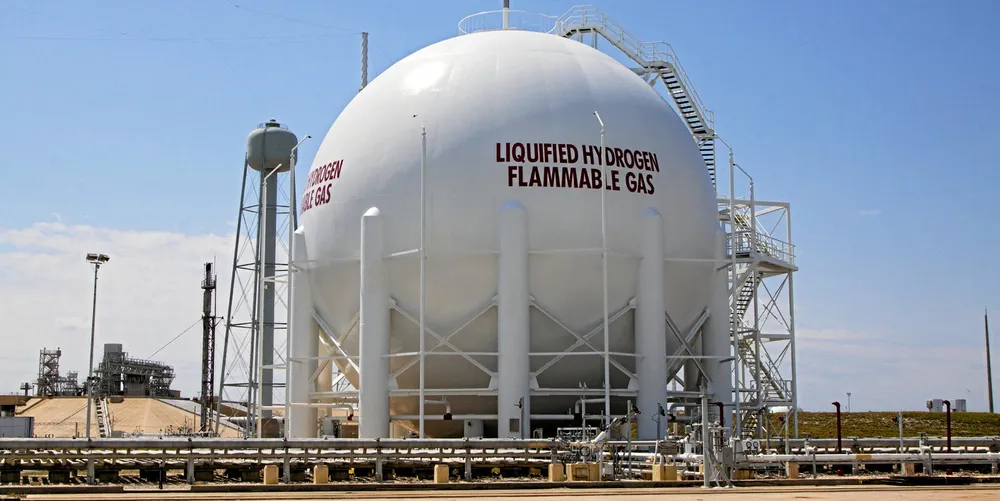Global hydrogen project pipeline swells to $300bn amid government pledges
Hydrogen strategies in over 30 countries mostly in Europe, Asia and Australia help push 228 large-scale projects along the value chain, report says

Hydrogen strategies in over 30 countries mostly in Europe, Asia and Australia help push 228 large-scale projects along the value chain, report says
